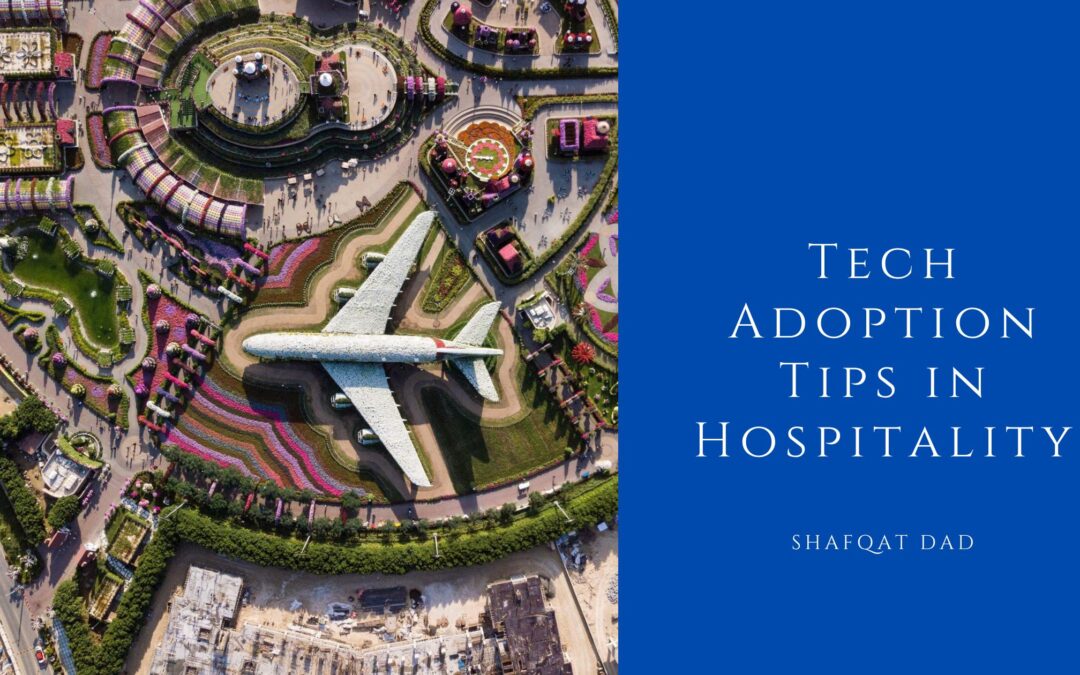The hospitality industry is no stranger to the rapid advancements in technology. Technology has revolutionized how hotels, resorts, and other hospitality establishments operate, from online booking platforms to automated check-in systems. However, adopting and integrating new technologies can be daunting for many businesses.
Assess Your Needs and Objectives
Before considering any technological implementation, assessing your business needs and objectives is crucial. Take the time to identify the pain points in your operations and the areas where technology could improve. This may include streamlining check-in and check-out processes, enhancing guest experiences, improving staff communication, or optimizing inventory management. By understanding your specific needs, you can prioritize the technologies that will significantly impact your business.
Research and Explore
Once you have identified your needs, conducting thorough research and exploring the available technology options is essential. Keep yourself updated on the latest trends and innovations in the hospitality industry. Attend conferences, read industry publications, and engage with technology providers to gain insights into their offerings. Look for solutions that align with goals and have a track record of success. Evaluate their features, functionalities, and compatibility with your existing systems.
Consider Scalability and Integration
When adopting new technologies, it is crucial to consider scalability and integration capabilities. Ensure that your chosen solutions accommodate your business’s growth and expansion plans. Moreover, assess how the new technologies will integrate with your current systems. Seamless integration is essential to avoid disruptions in operations and maximize efficiency. Consult with IT experts or technology providers to ensure compatibility and smooth implementation.
Plan for Training and Support
One of the most critical aspects of successful tech adoption is providing adequate training and support to your staff. New technologies often require employees to learn new skills and adapt to different workflows. Develop a comprehensive training plan that includes hands-on sessions, user manuals, and ongoing support. Engage with technology providers to understand the level of training and support they offer. Investing in staff training will result in higher adoption rates and better utilization of the implemented technologies.
Prioritize Data Security and Privacy
As technology becomes more prevalent in the hospitality industry, the importance of data security and privacy cannot be overstated. Protecting guest information, financial data, and proprietary business data should be top priority. When evaluating technology providers, inquire about their data security measures, compliance with industry regulations, and data encryption protocols. Implement robust security measures such as firewalls, encryption, and regular data backups to mitigate the risk of cyber threats and data breaches.
Monitor Performance and Evaluate ROI
Once the new technologies are implemented, monitoring their performance and evaluating the return on investment (ROI) is crucial. Define key performance indicators (KPIs) that align with your business objectives and track them regularly. These may include metrics such as guest satisfaction scores, operational efficiency, revenue growth, or cost savings. Analyze the data collected and make adjustments as necessary. Regularly assess the ROI to ensure the adopted technologies deliver the expected benefits.
Stay Agile and Embrace Innovation
The hospitality industry is dynamic, and technology continues to evolve rapidly. It is essential to remain agile and embrace innovation to stay ahead of the curve. Keep informed about emerging technologies and trends that could further enhance your operations and guest experiences. Foster a culture of creativity and encourage feedback from employees and guests.
